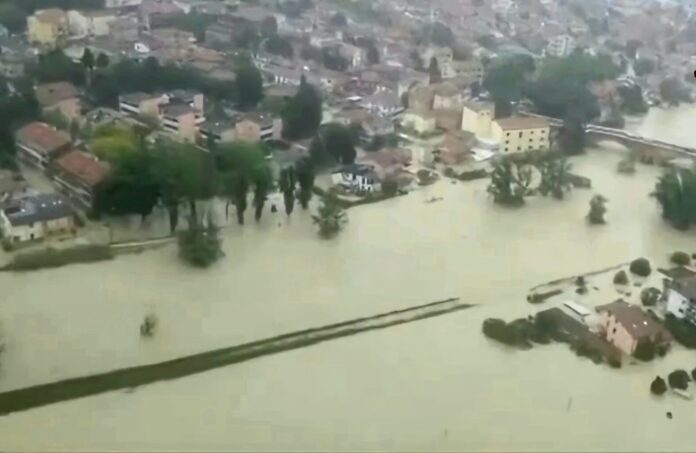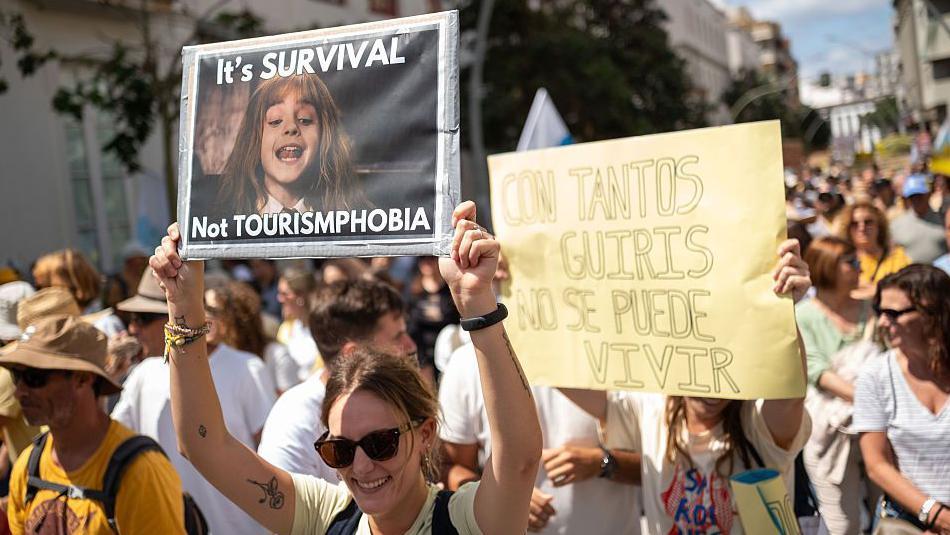What does NRC think | Stemistry Romania shows lack of social Europe
:format(webp)/s3/static.nrc.nl/wp-content/uploads/2025/05/01125733/data131131207-4ffa2d.jpg)
That democracy is not a matter of course, as was believed for a while after the end of the Cold War, it appears again in Central Europe. In Romania and Poland, crucial elections were held before EU and NATO. In Romania won a proponent From democracy and rule of law, after the ball completely seemed to roll the other way for a long time. In Poland it became clear during the first round of the presidential elections that the pro-democratic forces have not yet won the race.
The Liberal Rafal Trzaskowski got in Poland Although the most votes, is being closely held by a candidate of the party who was busy breaking down the rule of law for years, including attacks on journalists and judges. A nerve -racking battle is signed. There will be a second round in two weeks.
Democracy in Romania also looked vulnerable in recent months. The elections held there in November were declared invalid by the Constitutional Court, after strong indications of Russian influence. A very courageous, but also loaded decision, due to the rapidly made reproach of judicial interference with the democratic process.
When the elections went into the resit, there was, on the waves of the indignation driven by Trump, George Simion, who stood for a strong nationalist course. In the first round, Simion did it is still surprisingly goodbut on Sunday he was still defeated by the independent candidate Nicusor Dan, the pro-European mayor of Bucharest, thanks in part to a high turnout.
Europe can therefore breathe relieved in terms of Romania. When it comes to Ukraine, the EU already has two big ‘jammers’ for Ukraine: Hungary and Slovakia. Countries that can still be somewhat ignored and bypassed. That would have been more difficult with Romania. The land on the Black Sea fulfills the Defense of NATO borders A key position.
Yet the EU must also draw lessons. For example, it is striking that Romanian voters who voted from abroad did that in the majority for Simion. It is often about labor migrants who you hope to pick the pleasure of the EU, such as the free movement of people. Or could it be that their experiences in Europe have just fed the resentment?
The treatment of labor migrants is notorously poor, not just in the Netherlands. Their existence is hard and uncertain, exploitation is the order of the day. Labor migration can also lead to social disruption in origin countries, with children who grow up without parents. Prosperity in Western Europe is largely supported by people who themselves relatively limited from benefit and squeezed as lemons.
It has often been about Russian disinformation lately, and about the cunning with which Moscow works, with Paid troll armies and influencers who feed the resentment. Justifiably. The Russian desire to undermine has been regularly investigated and determined. What is discussed less prominently is the breeding ground itself. For people at the bottom of the ladder of the labor market, the EU is not the promised land. They hear about democracy, freedom and rule of law but wonder: for whom?
Read also
Also read this report from Romania, prior to the elections

:format(jpeg):fill(f8f8f8,true)/s3/static.nrc.nl/bvhw/wp-content/blogs.dir/114/files/2022/11/jensma-folkert-202211051280-homepage-1.png)
:format(jpeg):fill(f8f8f8,true)/s3/static.nrc.nl/taxonomy/e9195f4-Roelants%252C%2520Carolien%25201280%2520x%2520768.png)
:format(webp)/s3/static.nrc.nl/wp-content/uploads/2025/05/02210210/data131239719-4f8670.jpg)



